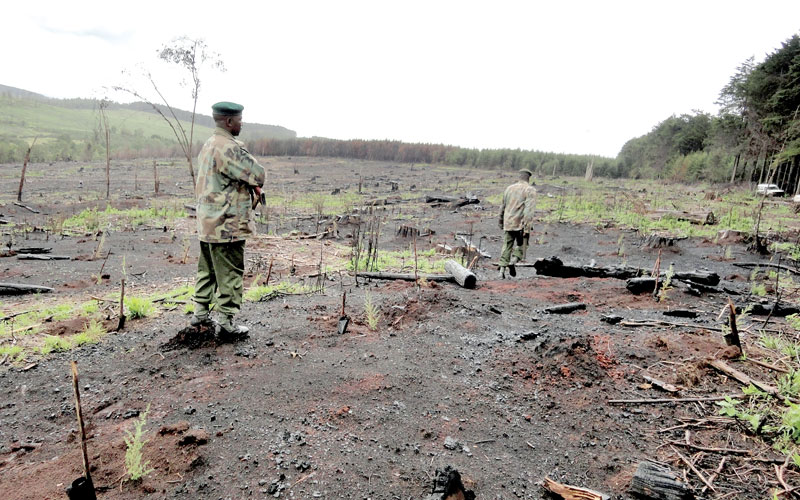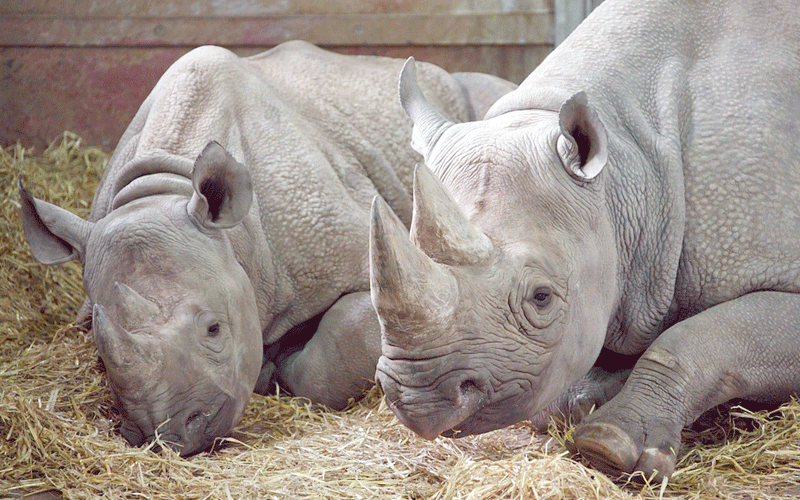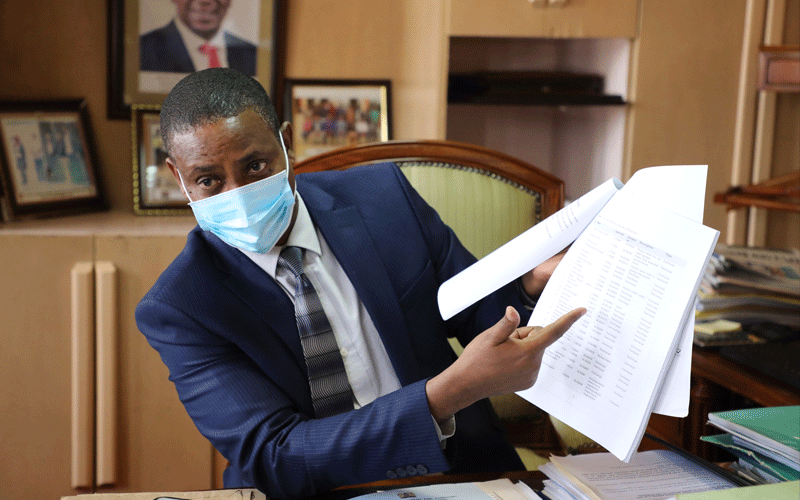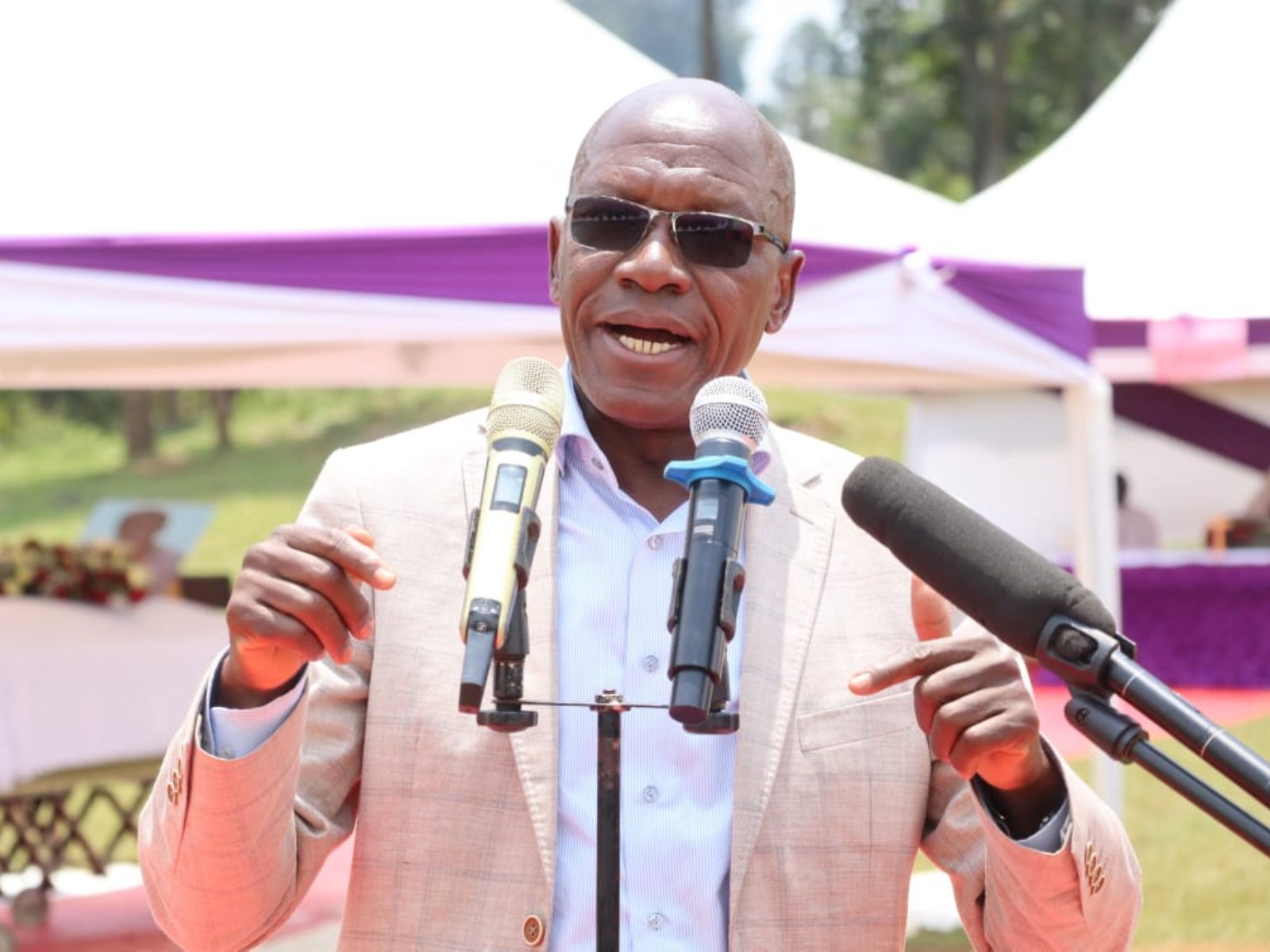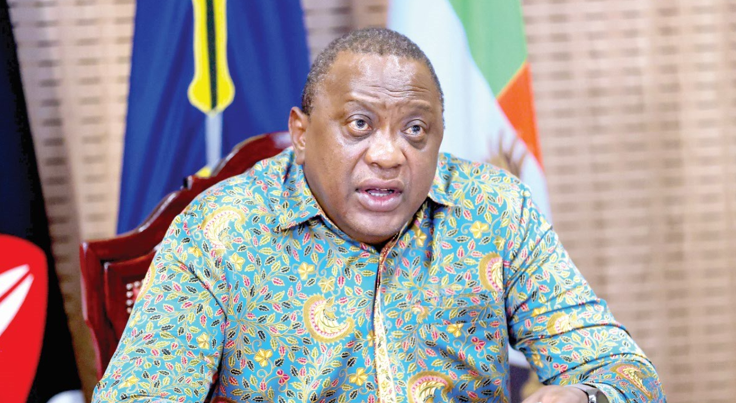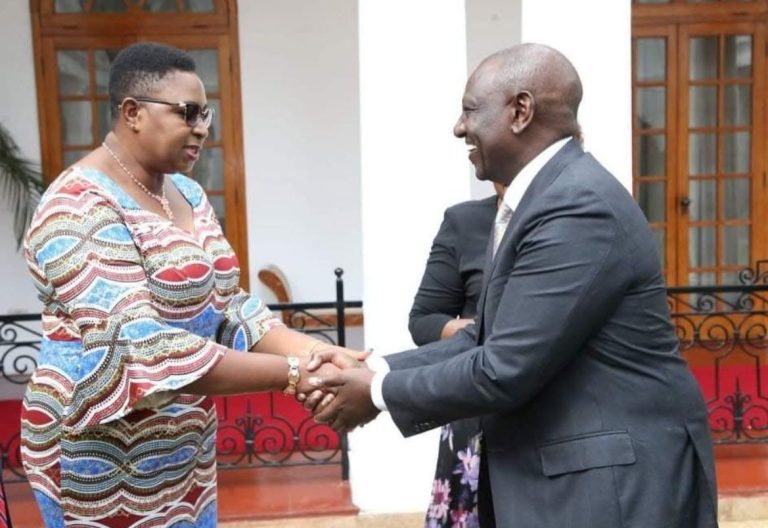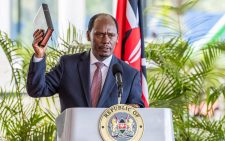We must protect biodiversity to save humanity
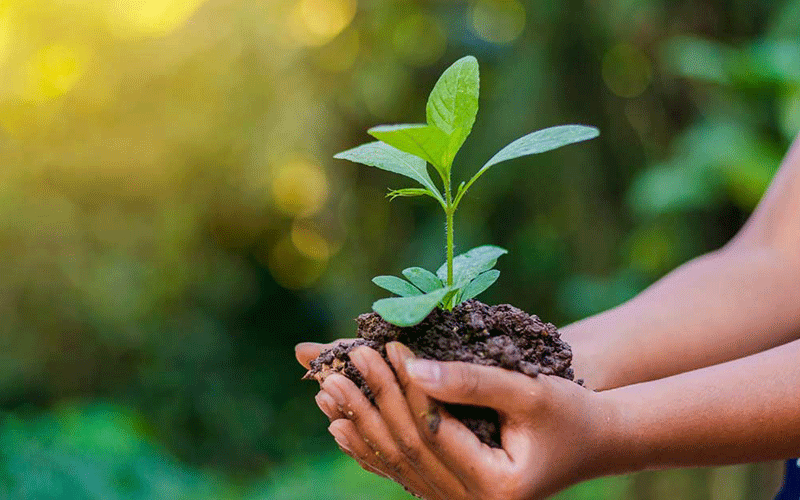
The World Environment Day was observed last Friday, with the raging coronavirus pandemic offering a sharp reflection on this year’s theme ‘Celebrate Biodiversity’.
The day coincided with the Global Landscapes Forum (GLF) in Bonn, Germany, with delegates meeting virtually because the virus has stopped travel and large gatherings.
GLF is a collaborative platform for discussions leading to action on landscape restoration, rights, finance, food and livelihood initiatives.
GLF also tracks and measures the UN Paris Agreement targets and the Agenda 2030 Sustainable Development Goals (SDGs).
It is clear that the rapid and devastating spread of Covid-19 is a tragedy with monumental impact on people, economies and societies that will endure for years to come.
With one million species facing extinction, there has never been a more important time to focus on biodiversity.
In this ominous scenario, 2020 is a critical year for nations to assess their commitments to preserving and restoring biodiversity.
“This pandemic provides unprecedented and powerful proof that nature and people share the same fate and are far more closely linked than most of us realised,” states the High Ambition Coalition for Nature and People.
The coalition is an inter-regional group of countries established to achieve an ambitious deal at the Convention on Biological Biodiversity to reverse the severe trend of biodiversity loss and revive ecosystems critical to species and humanity’s survival.
There are three types of biodiversity: species (genetic, animal) and habitats (ecosystem).
Covid-19, a case of severe biodiversity loss, a zoonotic disease transmitted to humans by animals through SARS-CoV-2, the viral pathogen that causes the coronavirus disease.
So why should we now care about biodiversity more? Biodiversity is the variation of Earth’s terrestrial, freshwater and marine species.
It is vital to the survival of all life on earth…the cornerstone for the goods and services that allow human societies to thrive.
Providing humanity with food, water, resources and services such as climate control, pollination, flood mitigation and cycling of nutrients, biodiversity is central to life.
Ecosystems rely on all parts of biodiversity – from the smallest bacteria to the largest vertebrate. Every living organism has a role to play in the maintenance of balance.
Uncertainty and global economic disruption due to coronavirus pandemic requires urgent concerted action to address illegality to reduce economic and environmental pressures on forests, protect livelihoods and secure a sustainable future.
Also known as the “People’s Day”, World Environment Day in the virus era offers a priceless opportunity for humanity to commit to taking care of and saving our environment.
Our societies face challenges not seen in generations. Leadership must effectively respond to the unprecedented wave of natural destruction and mass extinction.
That means supporting those directly affected by the pandemic and the hardships it has caused by stopping biodiversity loss for sustainable development.
More than half of the world’s GDP directly depends on nature. Protecting nature will help reduce the risk of new pandemics and other public health emergencies and prevent future economic crises caused by biodiversity loss and climate change.
It will also boost global development. The aggregated value of ecosystem services is estimated at US$125 trillion per year, according to the High Ambition Coalition for Nature and People.
Any plan to get people back to work and recover economies must include funding to support our natural world – which provides essential services for the survival of humanity. —[email protected]
